In Vietnam, folk beliefs are always closely linked to community life and nature. If the mountainous areas worship the forest god, the plains are attached to the village guardian spirit, then the coastal fishing villages have a special connection with the sea - where they not only earn a living, but also place their faith and gratitude in symbolic mascots.
Among them, the worship of Ca Ong - the whale - is one of the most unique and long-standing traditions of coastal residents in Vietnam. Associated with that are the images of temples or mausoleums, palaces, and coastal villages, sacred places to worship and commemorate the "god of the South Sea" who has saved seafarers for generations.
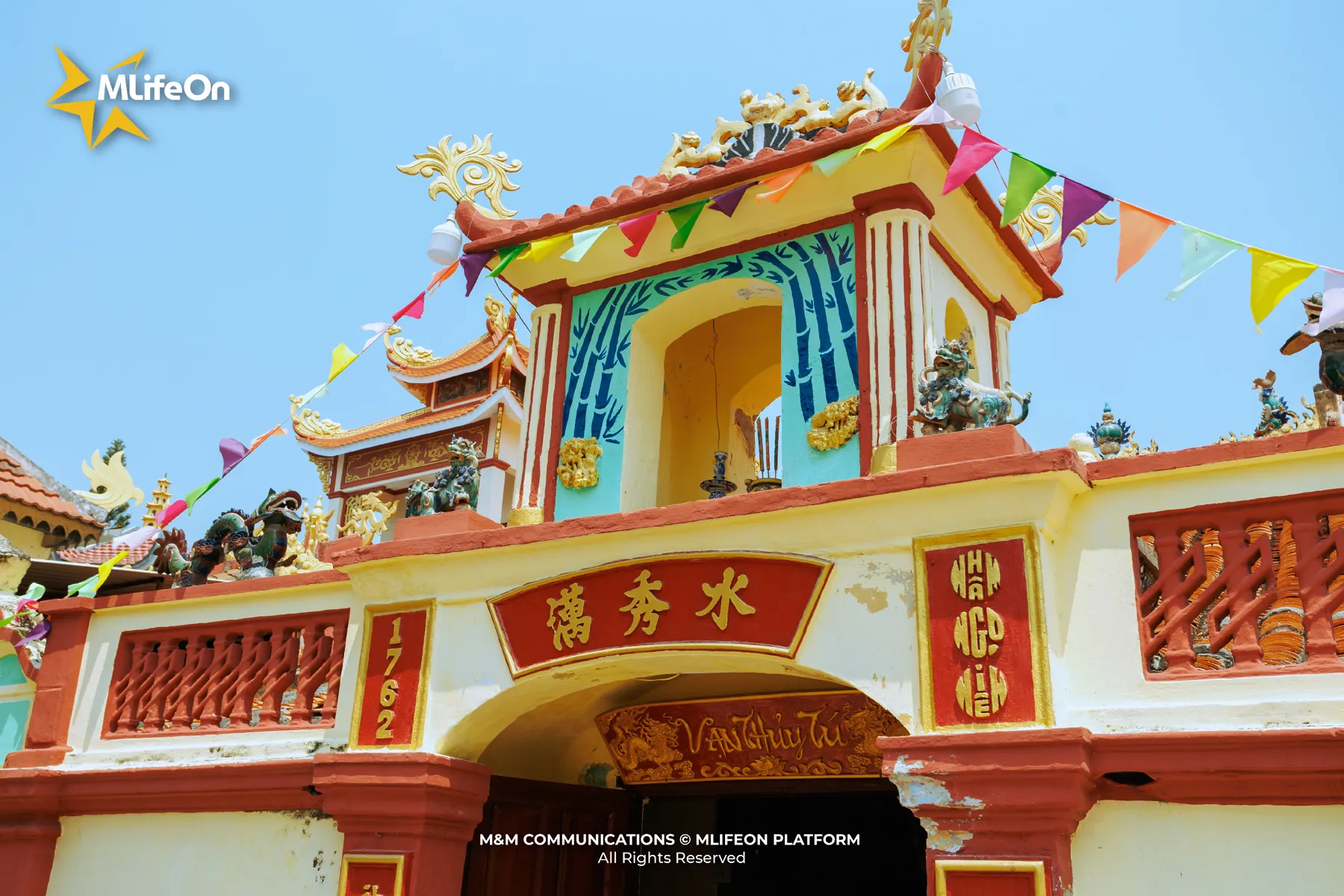
Whale – the god of the sea in Vietnamese consciousness
In Vietnamese folklore, especially in the coastal provinces of the Central and Southern regions, whales – respectfully called “Ca Ong” – have long been a familiar mascot. According to legend, this giant fish is the god of the South Sea, granted by the king, capable of rescuing boats and protecting fishermen in the middle of the ocean.
Although it is a large fish that can make those who see it stunned, whales are not the embodiment of ferocity but are always associated with a gentle image and many stories of helping boats and people overcome storms at sea.
“Meeting a whale is a blessing.” The simple words of a fisherman at sea are enough to make me understand that whales or Ca Ong are not just animals, but also a belief, as well as a place to place faith, a salvation for people who drift all year round in the ocean.
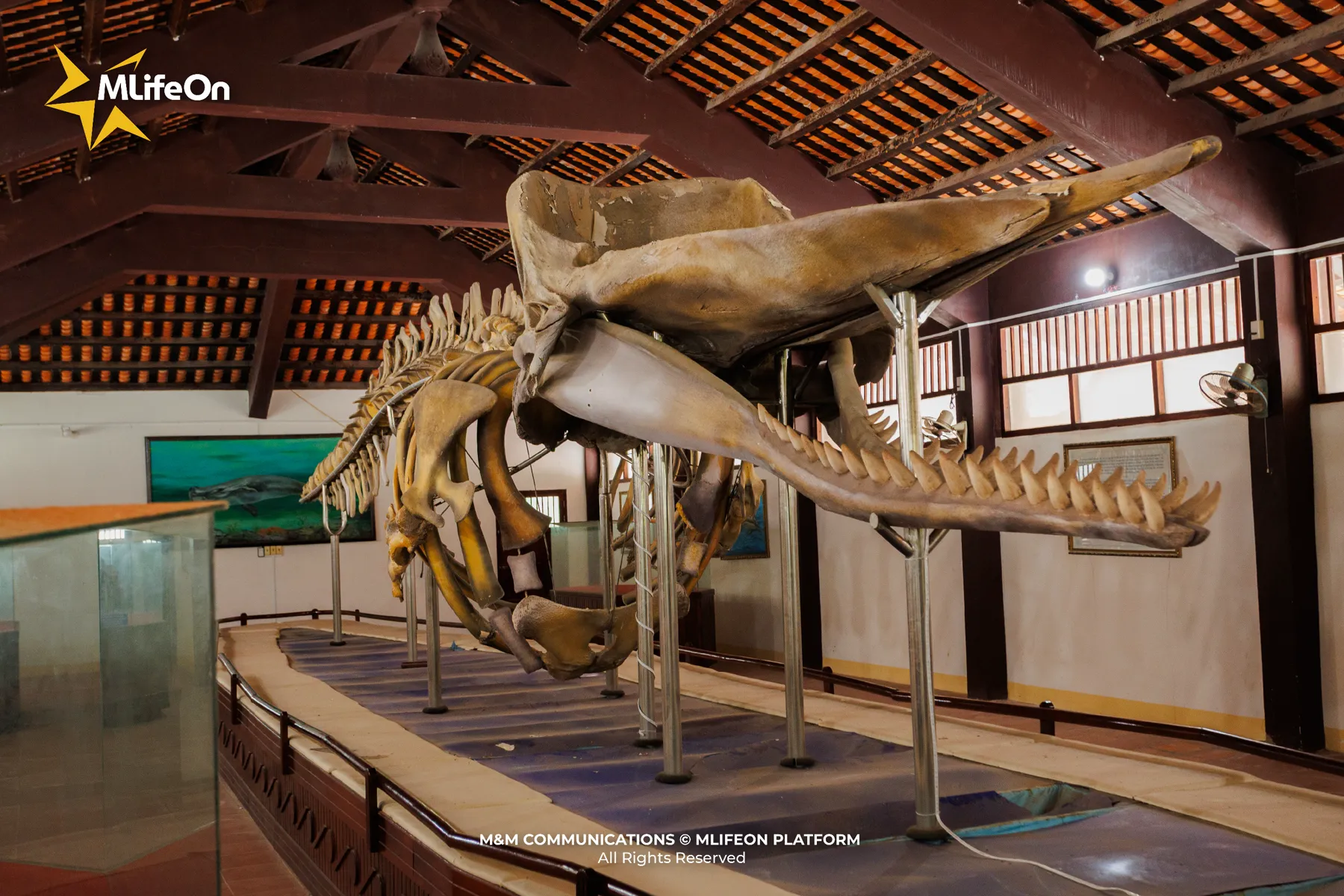
Whale skeleton on display at Van An Thanh, Phu Quy Island
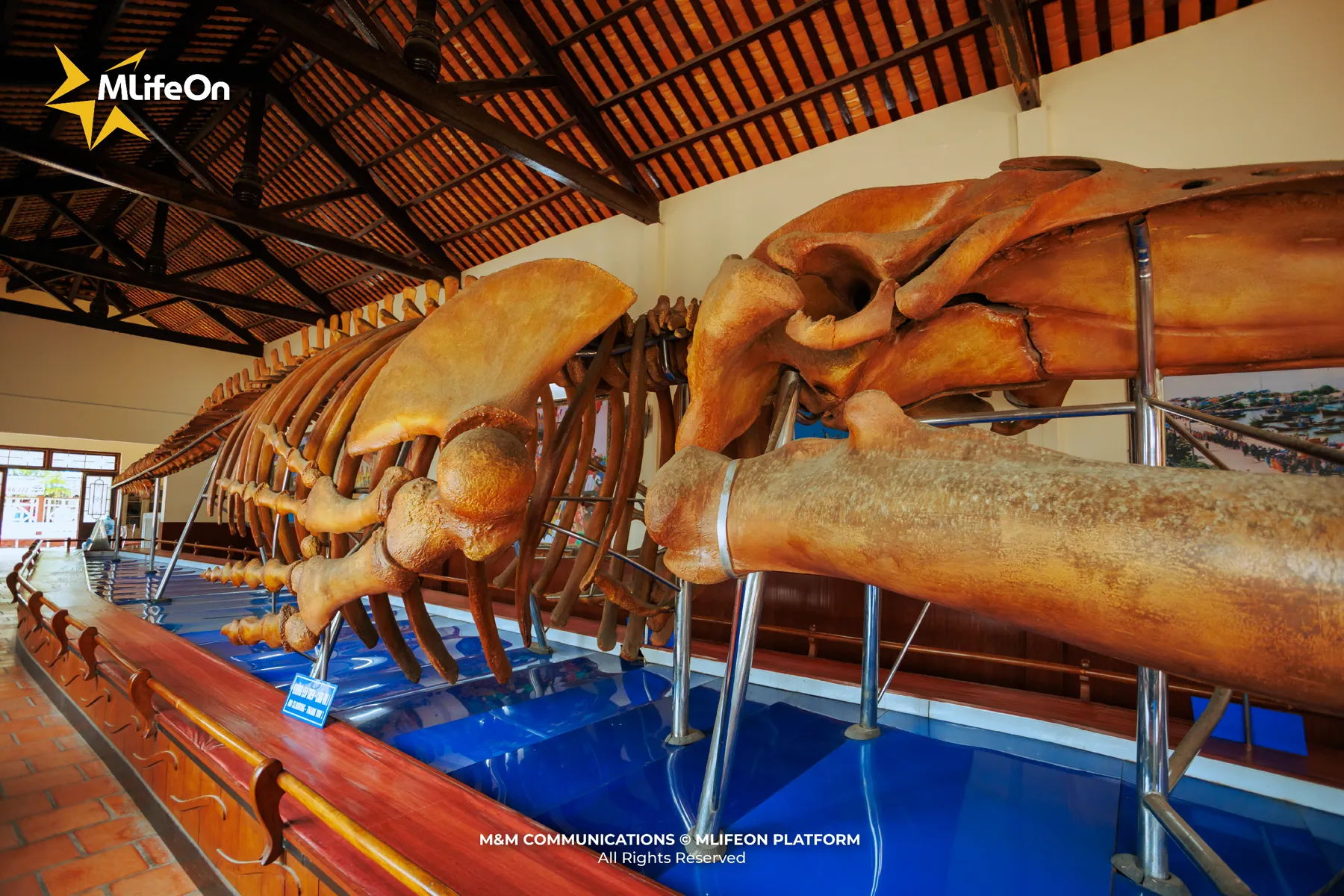
Whale skeleton on display at Dinh Van Thuy Tu, Lam Dong Province
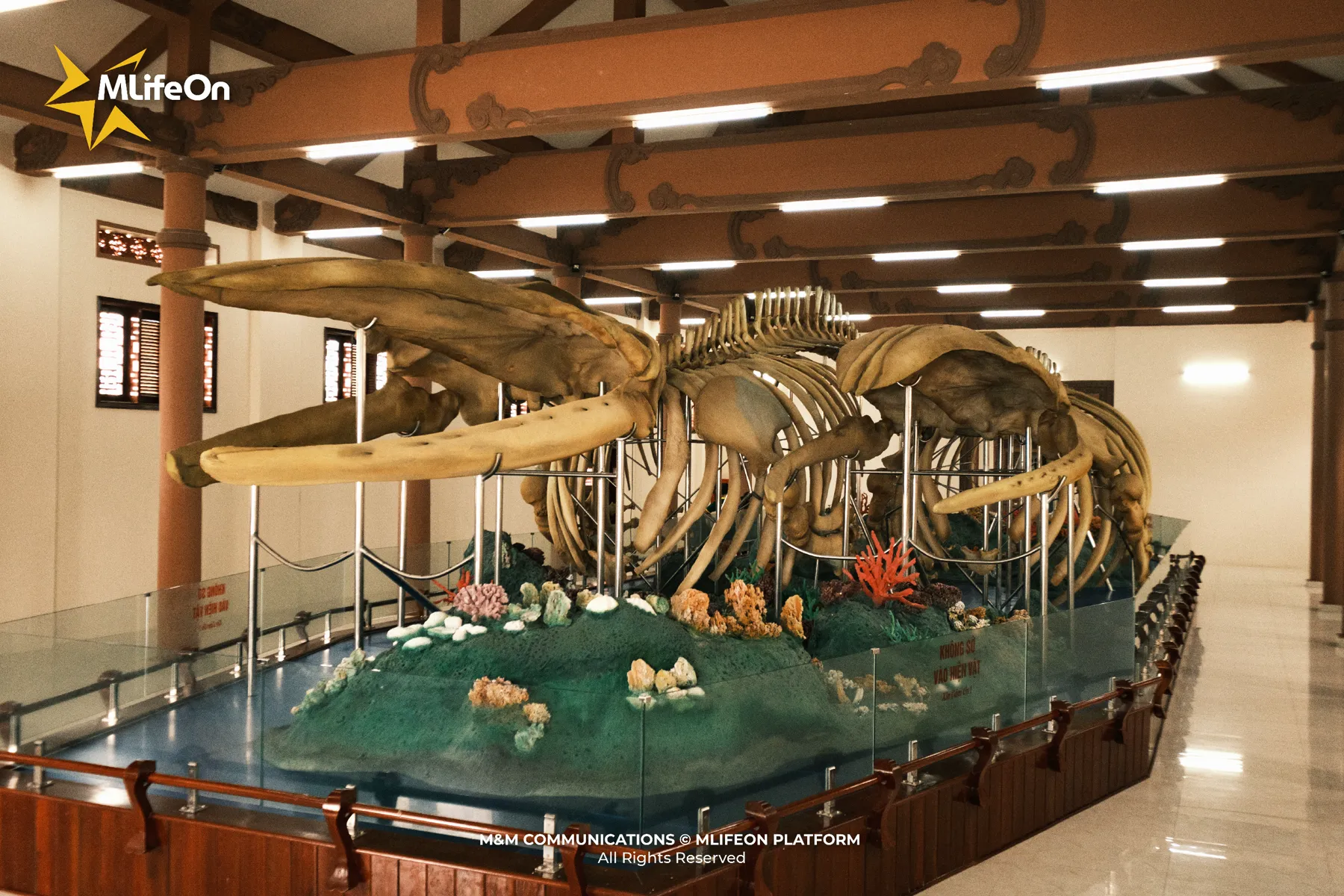
Whale skeleton at the exhibition room of Lang Ong, Ly Son island
A place to preserve the soul of the sea and preserve beliefs
When mentioning folk beliefs in the Northern Delta region, people mention communal houses - places to worship the God of the Land, the ancestors and descendants who have contributed to establishing and protecting the land of the village. In the coastal provinces of the Central and Southern regions, when mentioning worshiping beliefs, people mention temples, dinh, and van - places built to worship the guardian deity from the sea - Whale or the god of the South Sea.
I once stood in front of Van An Thanh on Phu Quy Island - a place that preserves many whale skeletons, and is also a place to commemorate and worship this god, clearly feeling the solemn atmosphere, filled with sincere beliefs in every corner - from the smell of old wood, the faded lime color, and the faint scent of incense.
A prominent feature of Van An Thanh is that it is currently preserving a whale skeleton measuring up to 18m long. This special whale skeleton is considered by the locals as the incarnation of the God of the South Sea, a symbol of Whale worship.
"Every time the sea is rough, the islanders often come here to burn incense, hoping that the Whale will bless them with peace," the caretaker of Van An Thanh shared as he led me on a tour. Perhaps in coastal provinces, what people need most is the peace of the ocean, so there is no greater belief than the belief in the guardian god of the sea - the God of the South Sea or the Whale.
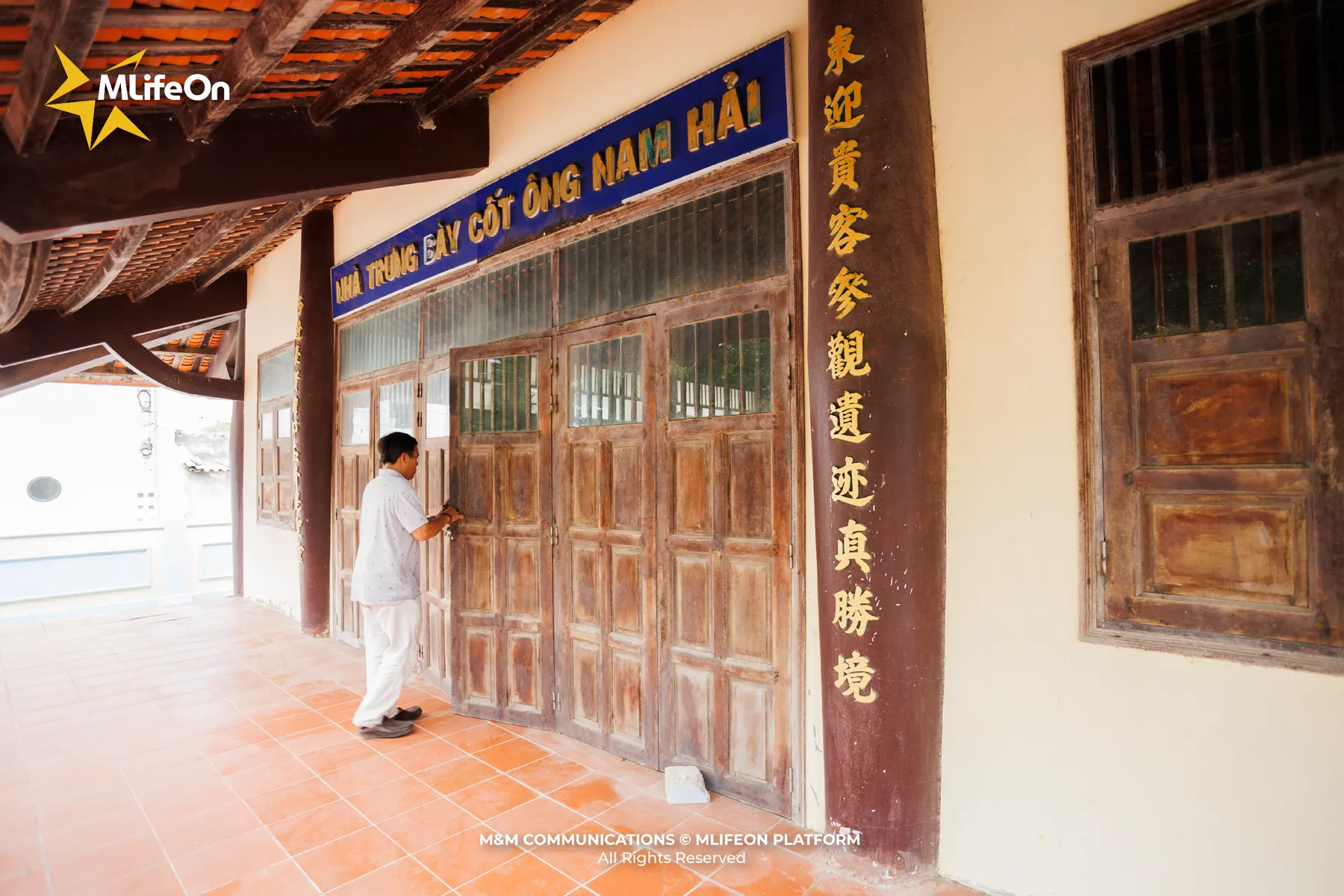
Van An Thanh, Phu Quy Island
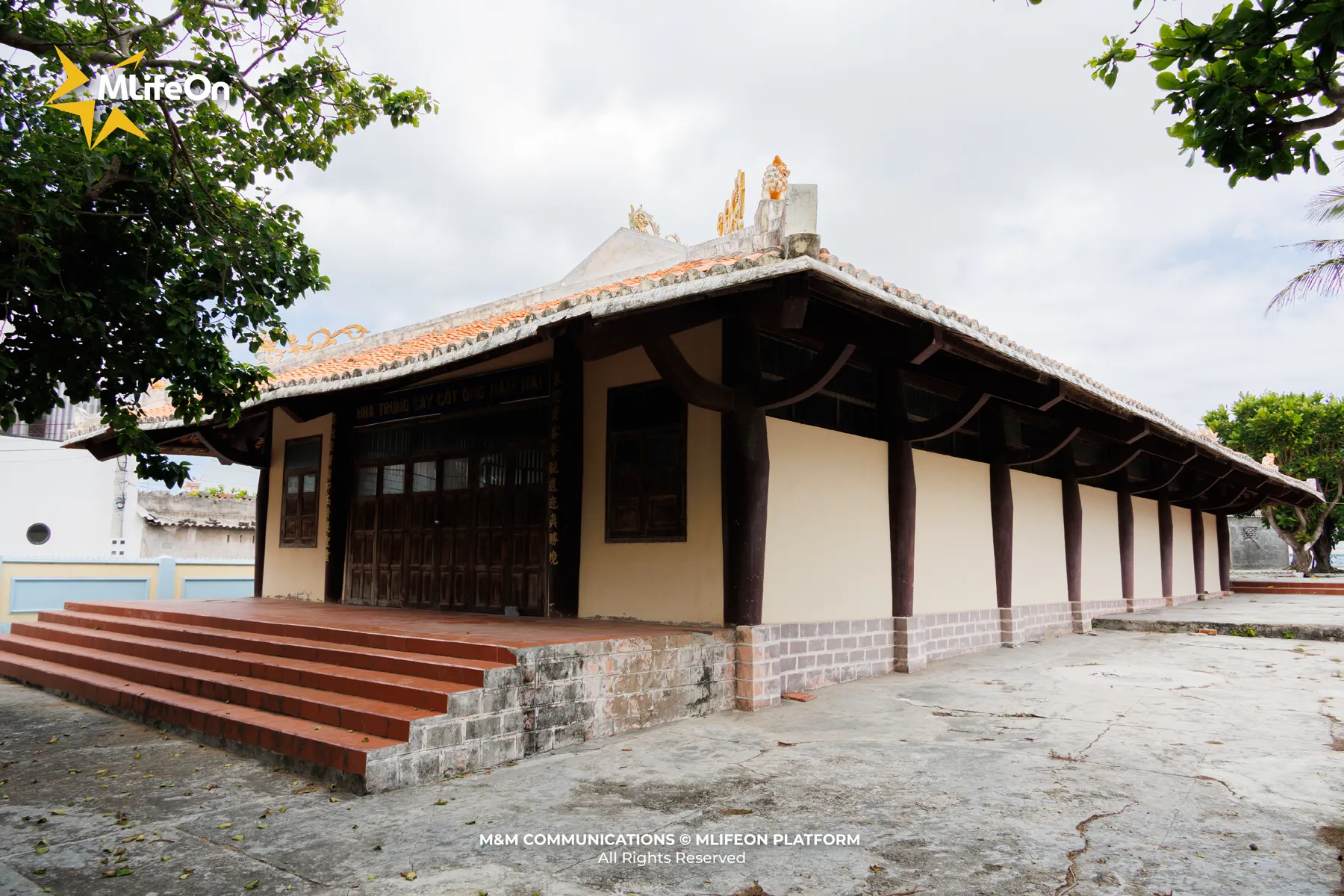
Van An Thanh, Phu Quy Island
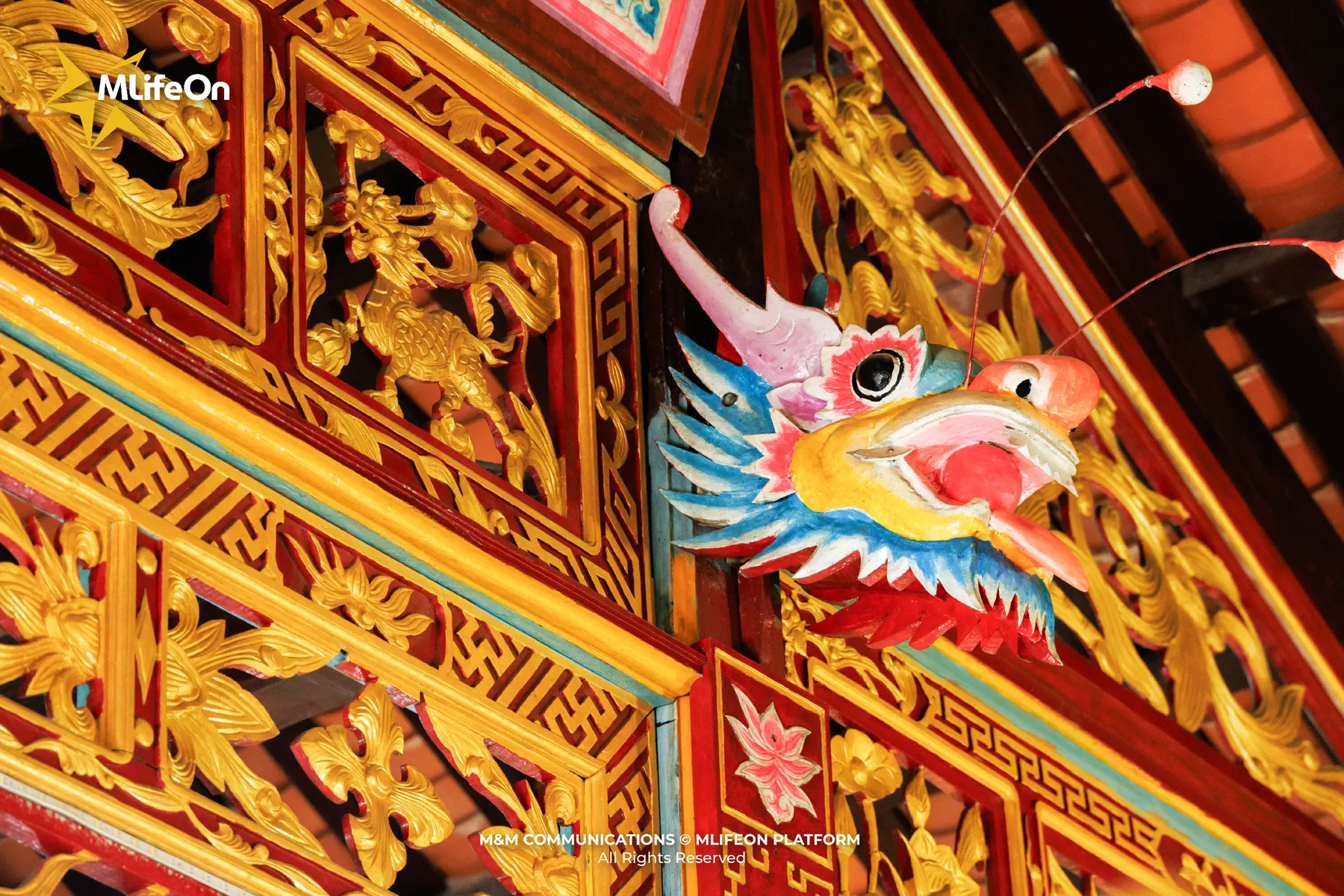
Van An Thanh, Phu Quy Island
The “houses” of Whales
If Ly Son Island has Lang Ong, then Phu Quy Island has Van An Thanh and Van Quy Thanh, which are famous places of worship for Whales, among more than 100,000 places of worship for Whales in this island district of Lam Dong province.
Notably, Van Quy Thanh in Tam Thanh commune is one of the oldest places of worship, with simple wooden architecture, three rooms and two wings facing the sea. The whale skeletons are washed and buried as carefully as humans – that made me emotional when I witnessed the Whale worship ceremony with my own eyes on a windy summer afternoon.
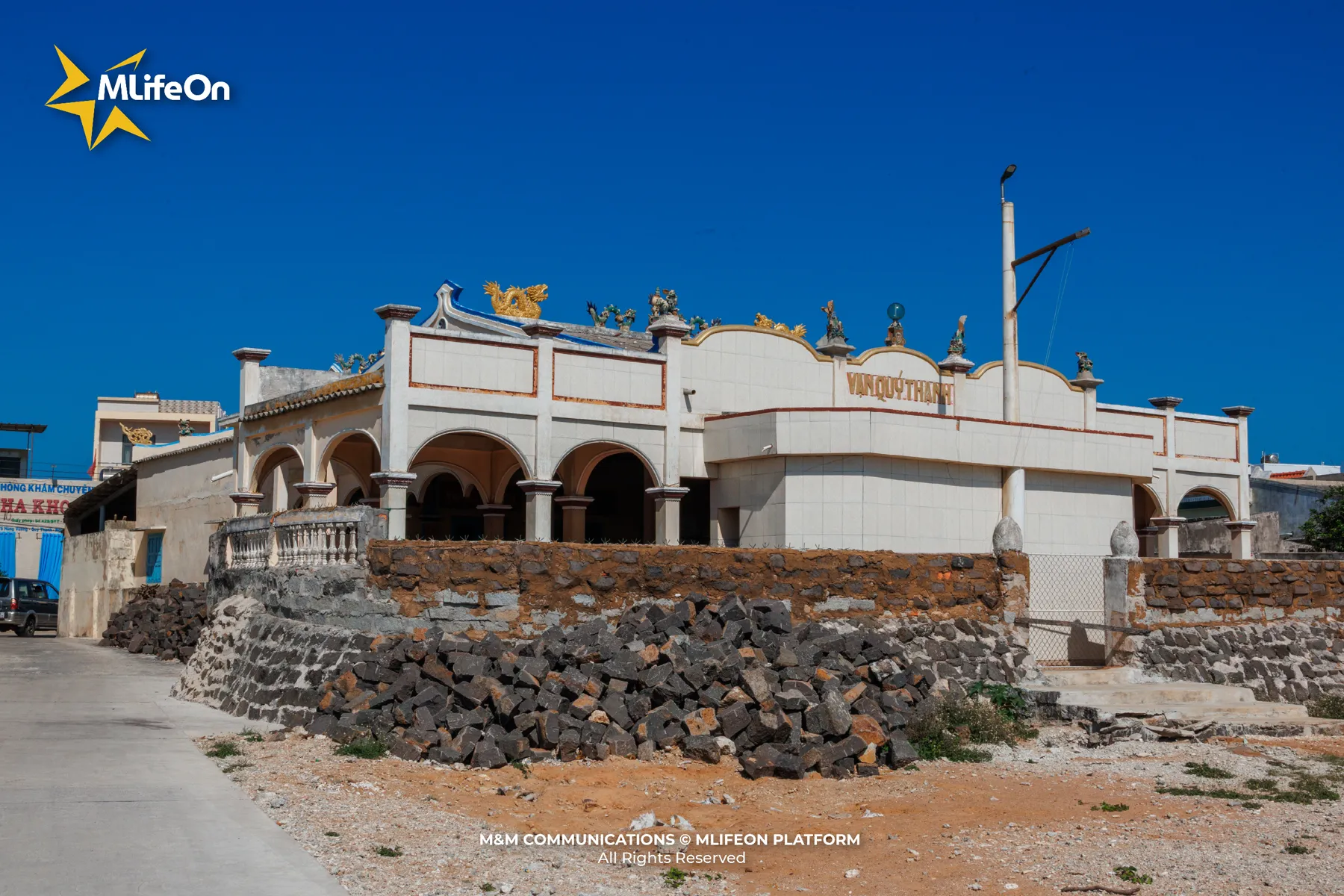
Van Quy Thanh in Phu Quy Island, Lam Dong Province
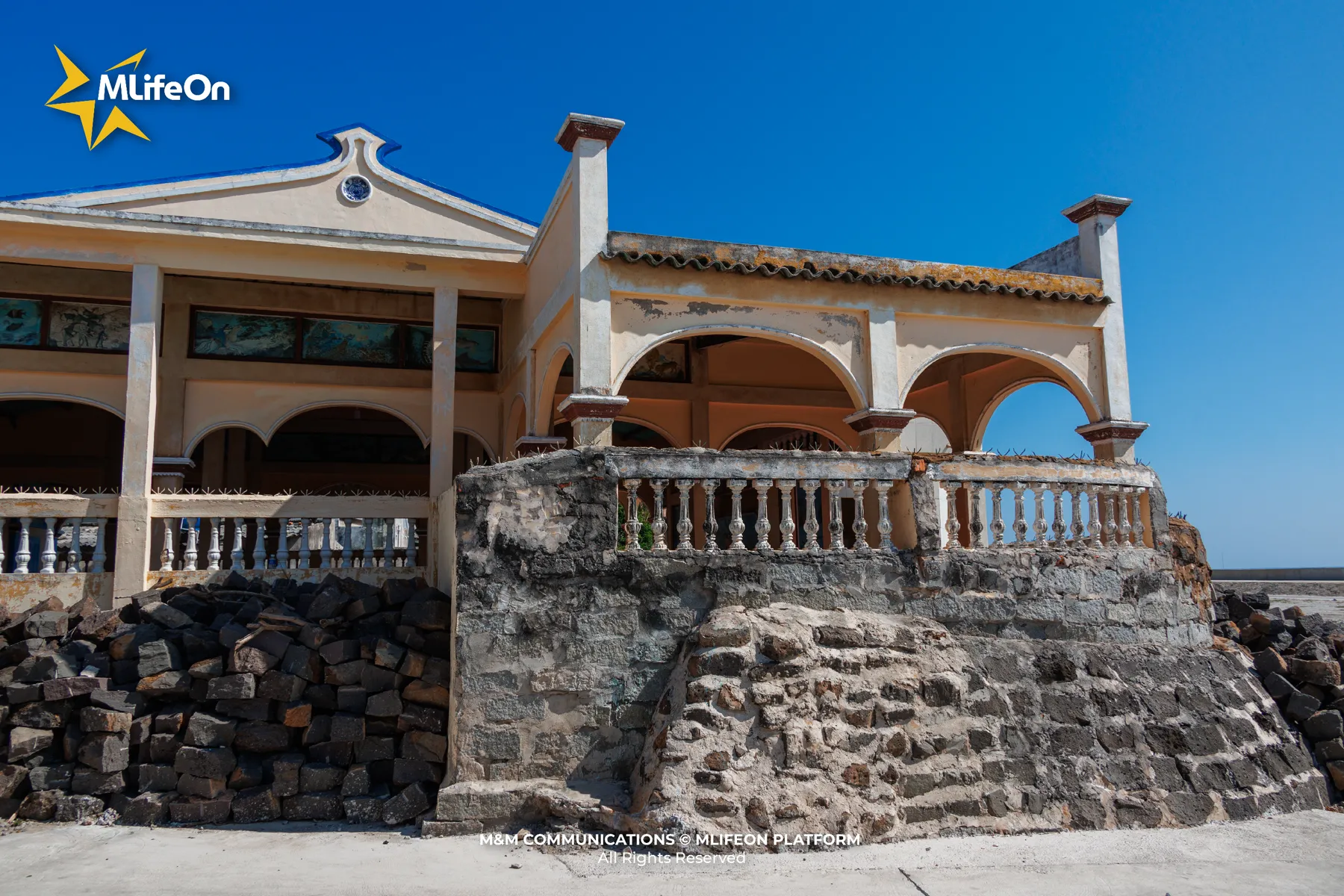
On Phu Quy Island, I heard from the locals about the times when “Mr. Whales drifted ashore” – that is, whales washed ashore and were given a solemn funeral. Each time, they were not afraid, but considered it a blessing from the sea, because it meant that the land where the whales drifted ashore was the land chosen by this species of whale as its resting place, and the people there were the ones entrusted with the whale’s burial. Therefore, the people in these areas always consider the times when “Mr. Whales drifted ashore” and burial as sacred responsibilities that need to be respected.
Conclusion
If belief is the breath of Vietnamese culture, then in the coastal fishing villages – amidst the salty taste of the wind and the breath of the ocean – we find one of the most obvious and enduring manifestations: the worship of the whale.
That belief arose from real life – from the rough seas, the wishes for peace, the wishes for safety, the times when whales saved fishermen. For generations, people in coastal areas have built communal houses, erected shrines, burned incense and called out the name of the "God of the South China Sea" with all silent respect.
And in the midst of today's modern life, when standing in front of the place of worship of Whale, listening to the sound of waves, the sound of the sea wind, I understand that: Vietnamese beliefs are not far away but right in the hearts of the people. Their hearts are for the sea, so the greatest belief also belongs to the sea, to the guardian god - Whale since when.
—----
CREDIT:
- Photography: Kien Trang, Luan Nguyen
- Content: Giang Huynh
- Design: Trung Huynh





















